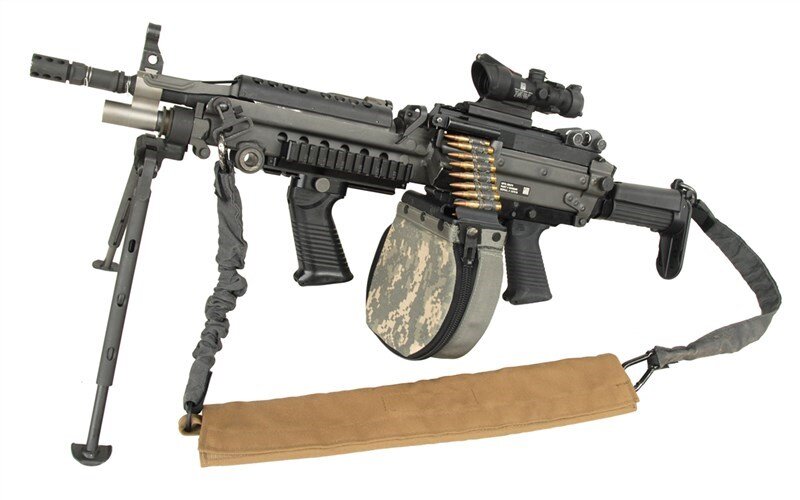Illicit small arms trade fuels terrorism: Iran

TEHRAN - Iran’s permanent ambassador to the United Nations said on Monday that illicit trade in small arms and light weapons not only exacerbates violence in all its forms, but also fuels crime and terrorism across the world.
“We share the concerns about humanitarian, socio-economic and security consequences of the illicit trade in small arms and light weapons and their diversion to unauthorized recipients,” Majid Takht-Ravanchi told a General Assembly meeting convened to assess the UN global plan to act against “trafficking in persons”.
Takht-Ravanchi said the “Program of Action (PoA) to Prevent, Combat and Eradicate the Illicit Trade in Small Arms and Light Weapons in All Its Aspects” is the only universal framework to address these multifaceted challenges.
“As a victim of foreign-backed terrorists, and faced with the threat of organized crime and trafficking in drugs linked to the illicit trade in small arms and light weapons, the Islamic Republic of Iran highly values the Program of Action and calls for ensuring its balanced, effective and full implementation including through identifying and addressing its implementation challenges,” Takht-Ravanchi said, according to Press TV.
Iran’s senior ambassador to the UN added that according to the Program of Action, “the illicit trade in small arms and light weapons in all its aspects sustains conflicts, exacerbates violence, contributes to the displacement of civilians, undermines respect for international humanitarian law, impedes the provision of humanitarian assistance to victims of armed conflict and fuels crime and terrorism.”
The ambassador, however, warned that in all efforts to combat the illicit trade in small arms and light weapons, the right of each country to manufacture, export, import and retain such weapons must be fully respected.
“Additionally, the scope of such efforts by the [Security] Council must be limited to those aspects that are related to serious adverse impacts of diversion of, and illicit trade in, small arms and light weapons on the conflict concerned,” he remarked.
According to Arms Control Association, the illicit proliferation and misuse of small arms and light weapons ranks among today’s most pressing security threats.
It said tens of thousands of people are killed or wounded each year in conflicts that are fought primarily with these weapons and in crime-ridden areas outside of conflict zones. They are also the weapons of choice for many terrorists.
Approximately half of the international terrorist incidents documented in the 2003 Department of State report on global terrorism were perpetrated with small arms and light weapons, the association said.
Robin Geiss, the Director of the UN Institute for Disarmament Research (UNIDIR), told the Security Council on Monday during a ministerial debate that small arms trafficking is a “defining factor in undermining peace and security”.
Geiss said that that diversion and trafficking of arms “destabilizes communities and exacerbates situations of insecurity, including by committing serious violations of international humanitarian law and human rights law, as well as violence against women and children in various contexts”, according to news.un.org.
The United States, the United Kingdom and some other Western governments have for years been involved in the provision of arms and weaponry to conflict zones across the world, particularly West Asia.
Earlier in the month, the U.S. State Department approved the sale of $650 million worth of air-to-air missiles to Saudi Arabia to help Riyadh press ahead with its protracted military aggression against Yemen.
The package would include 280 AIM-120C-7/C-8 Advanced Medium Range Air-to-Air Missiles (AMRAAM), 596 LAU-128 Missile Rail Launchers (MRL) as well as support equipment and spare parts.
In April 2019, the U.S. Congress voted for the first time to invoke the War Powers Resolution to try and stop U.S. involvement in a foreign conflict. The Congress resolution directed then President Donald Trump to end support for the Saudi-led war against Yemen. But Trump vetoed the measure, with Congress lacking the votes to override him. In July 2019, Trump vetoed three congressional resolutions barring billions of dollars in weapons sales to Saudi Arabia and the United Arab Emirates.
